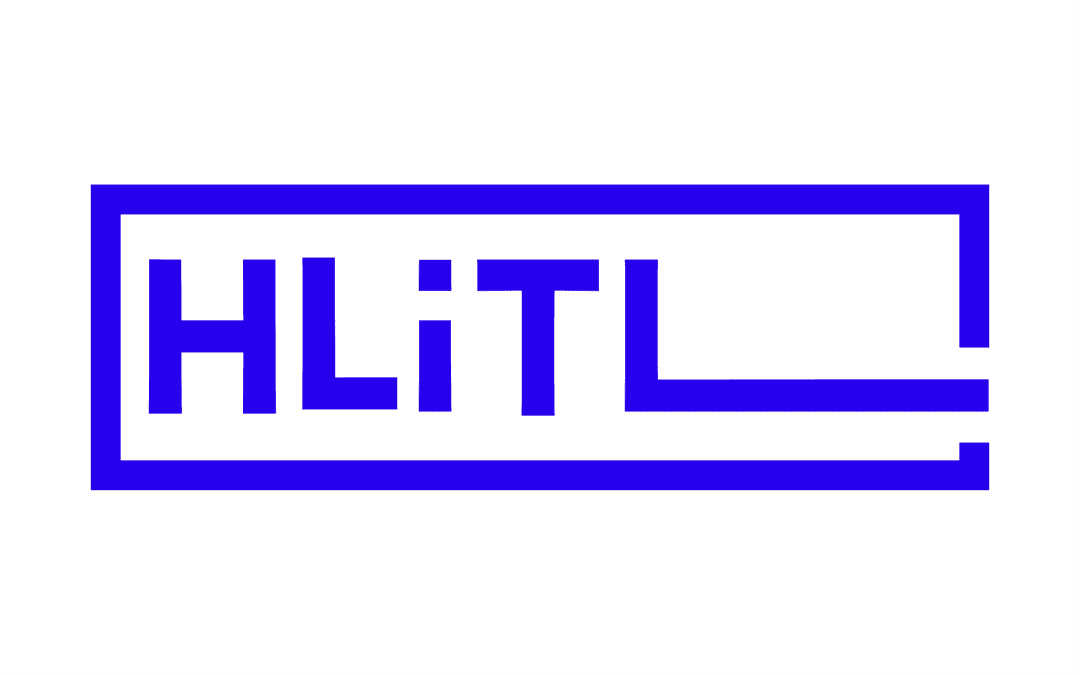The HLITL project aimed to define the different types of mobility and lift obstacles to mobility by attracting more students, particularly from students from disadvantaged backgrounds, such as students with physical disabilities, working/apprentice students, etc.
Started: 2019
Funding: Erasmus+ Key Action 2
Project budget: 229.879 €
Length: 2 years
Partners: 10
There are multiple reasons why students do not or cannot go on mobility, because of working capacity issues, of not knowing the benefits, or simply because students feel intimidated to go to another country. Physical inability to go on mobility is also an obstacle. But there are also numerous instances where students cannot go on mobility because of employment obligations or strict university programmes.
Conscious of the different existing obstacles, the project How long is too long (HLiTL) strived to foster mobility schemes with the greatest impact on key competences of students (multilingual, expression and digital competence as well as intercultural awareness, etc.), including mobility schemes mixing distant learning and physical mobility (blended learning) and broader mobility for all types of students. All of this, so that Higher Education leaders and Internationalisation managers were put in the capacity to adapt and improve their mobility strategies.
A Literary Review was undertaken, in the early stages of the project, on the impact of mobilities according to type (physical, virtual, blended) and length (up to 2 weeks, 2 weeks to 2 months, 2 – 6 months, 6 – 12 months) on students’ and staff’s competences. This was later on completed with an analysis of the conditions of implementation of the different mobility schemes (technical, social, etc.).
Additionally, to identify the impact of various mobility schemes on students and staff, surveys were conducted among 238 students and staff from 21 HEIs (Higher Education Institutions) across Europe, and analysed the experiences and expectations of the target groups.
Finally, the project led to the development of institutional recommendations aimed at higher education institutions and policy recommendations aimed at European policy makers with the aspiration to propose and improve good practices at European and university level.
Partners: University of Versailles St-Quentin-en-Yveline, Eötvös Loránd University, University of Porto, University of Lodz, University of Marburg, ESN, EUF

